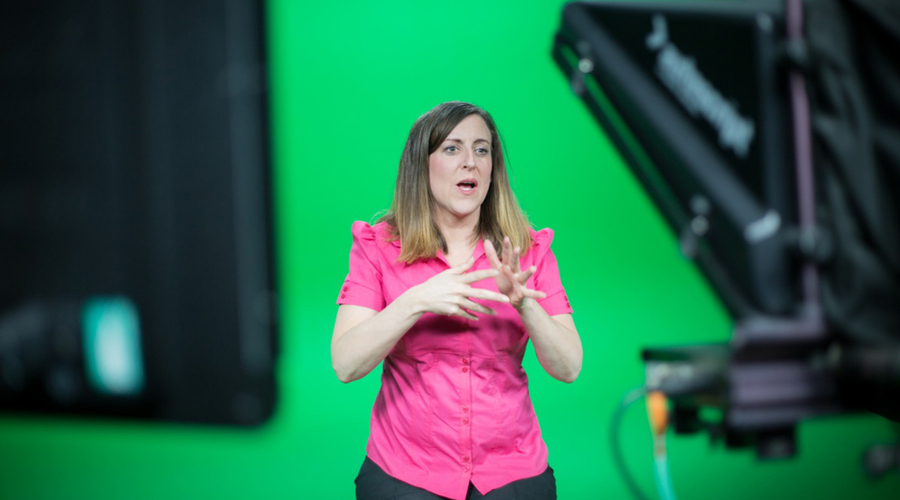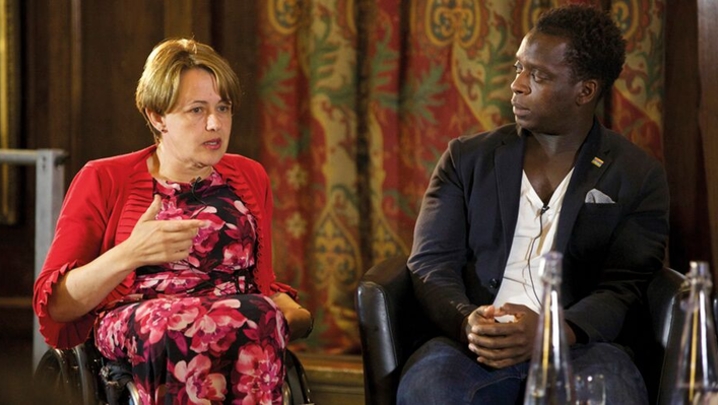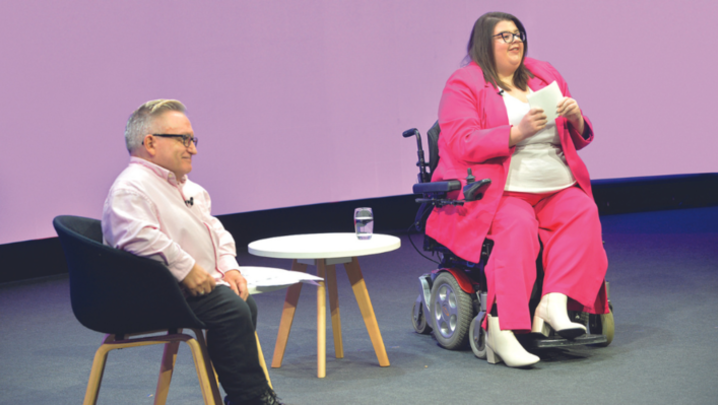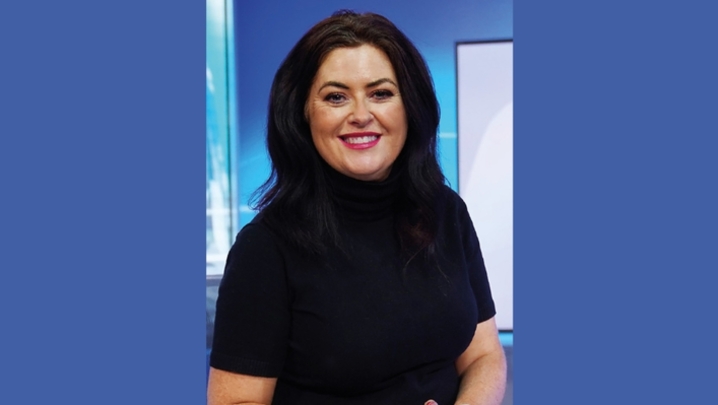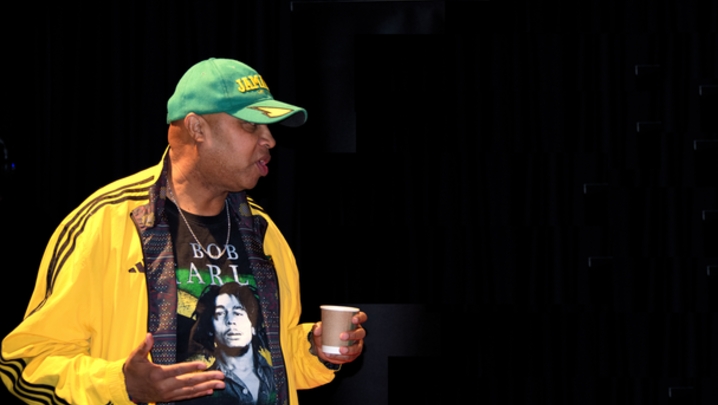Signpost Productions’ employment of deaf and disabled people is a model of diversity. Graeme Thompson explains its success.
At a time when producers and broadcasters are working hard to ensure diversity in their workforce as well as on screen, the team at Signpost Productions in the North East of England can claim to be ahead of the curve. Eleven of the company’s 23 full-time staff are deaf or have another disability – physical, chronic or hidden. Between them, they produce more than 1,000 hours of signed British Sign Language (BSL) translations a year for programming on three major broadcasters, including ITV.
The company also makes original content, such as Robson and Jim’s Icelandic Fly Fishing Adventure (ITV4) and Dare Master (CITV), at Signpost’s studios in Gateshead, next door to the ITV Tyne Tees newsroom. Dare Master is signed-presented by a deaf presenter and uses a predominantly deaf crew – but sits in the schedule without being tagged as such. It is a fully accessible programme made for, and watched by, a mainstream audience.
Increasingly, the company is also working for commercial non-broadcast clients and is much in demand to deliver diversity training to programme teams across the UK.
Managing Director Kenny Toal is proud of his team: “Signpost has been breaking down barriers for years and, at the same time, flying the flag for the North East. Diversity is in our DNA. We really do stand for production without prejudice. It’s a privilege for all of us working here to be the custodians of such a unique working environment.
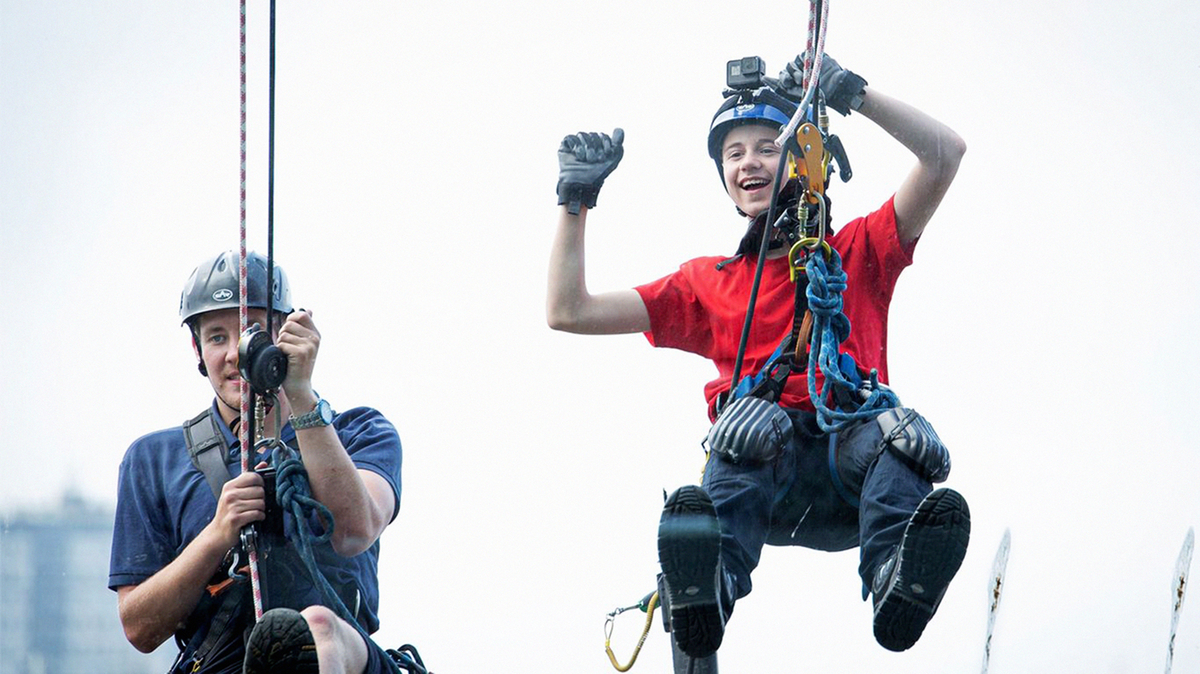
“Accessibility is at the heart of the production office and studios – you can work effectively here whether you’re using a wheelchair or have hearing or visual impairments. Deaf directors, such as Seb Cunliffe, work alongside interpreters while wheelchair users, such as technician Stu Coulson, operate specially adapted equipment. Coulson’s success in the role has resulted in him being appointed Co-chair of ITV’s disability network, ITV Able.
Gillian Harrison is another staffer who readily shares her experience and insights with others in the sector. Until eight years ago she worked for a local council but, after retraining, she is now one of three on-screen presenters and is the diversity lead with Signpost.
Alongside her production duties, Harrison, who is deaf, has helped a host of broadcasters and producers with deaf awareness training. She recently worked as an advisor to the Coronation Street production team, helping it develop a BSL storyline and providing deaf awareness training to the cast and crew.
“Everyone here at Signpost has talent and we make sure we put in the right support to allow that talent to be seen,” she says. “When we’re out filming, nobody questions if the director is deaf and using an interpreter. Everyone is treated equally. I’ve always felt included.” Being an in-vision signer isn’t without its challenges. She says: “Quiz shows can be tricky. The most difficult one for me was Winning Combination on ITV. The questions and answers come very fast!”
There are also issues when the signer has to interpret very dramatic, intimate or emotional content. “I’m a mother and I am very emotional by nature,” says Harrison. “Some programme content is difficult. I’ve had to stop recording on several occasions because I realise I am crying. It happened to me with Long Lost Family and a documentary about conjoined twins.”
The team faced one of its most daunting challenges in lockdown in 2020. Unable to use their usual studios, the signers improvised from home to produce a daily news digest for the BSL Broadcasting Trust – which can be accessed on several platforms, including online and in the daytime on Film4.
“Not all deaf people can read English,” explains Harrison. “BSL is their first language. So, without BSL translation, they were finding it difficult to keep up with the rules and restrictions during the pandemic. The briefings from Downing Street didn’t have signers. When so many people at that time were wearing masks, you couldn’t even lip-read.
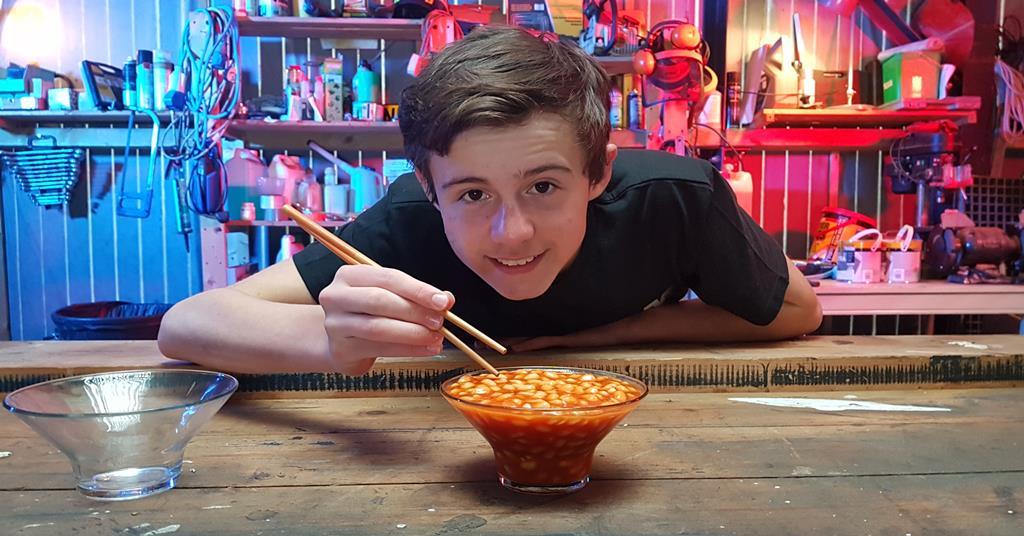
“The bulletins were about three minutes long and brought viewers up to date with what was happening. It was a worrying and confusing time for people. We were shocked at how many were accessing these bulletins. The numbers were eye-popping.”
Another hurdle in working from home was downloading the programmes ready for signing. Harrison relied on rural broadband, so had to wait up to 10 hours to access longer shows such as the Emmerdale Omnibus.
She remembers that, after the team started coming back to the studio after lockdown, the hearing staff were a bit rusty when it came to their own use of BSL to converse with deaf colleagues. “People were forgetting because they hadn’t been using it so much,” she recalls. “So we had to put on refresher sessions.”
Gareth Deighan, creative director at Signpost, believes the innovations and workarounds achieved by the team during the pandemic are a good illustration of the company’s commitment to access for all. “We’re surrounded by incredibly talented people,” he says. “Some of them require different kinds of support to enable them to do their job. But that’s OK because they’re really good at what they do.
“It can take more thought at the pre-production stage about transport, interpreters and access issues. But the quality on screen speaks for itself.”
Recruitment is largely from the North East and managers ensure they reach under-represented communities when advertising vacancies. The result is a multi-skilled, multiethnic group of programme-makers.
“We give new starters the training, mentoring and experience they need to succeed,” says Deighan. “We’re trying to level the playing field for people who may not otherwise get the chance.”
Signpost, which is wholly owned by ITV, grew out of an access service in the days when signed and subtitled programmes were buried in the schedule. Now, the company sees itself as a mainstream commercial producer with ambitions to play a key role in the expansion of the North East screen sector.
“We’re very excited about the buzz in the area right now,” says Deighan. “We know the BBC and other broadcasters are investing heavily in content from here and there are plans for new film studios. We want to be part of that.”
Graeme Thompson is Chair of the RTS Education Committee and pro vice-chancellor of the University of Sunderland.

